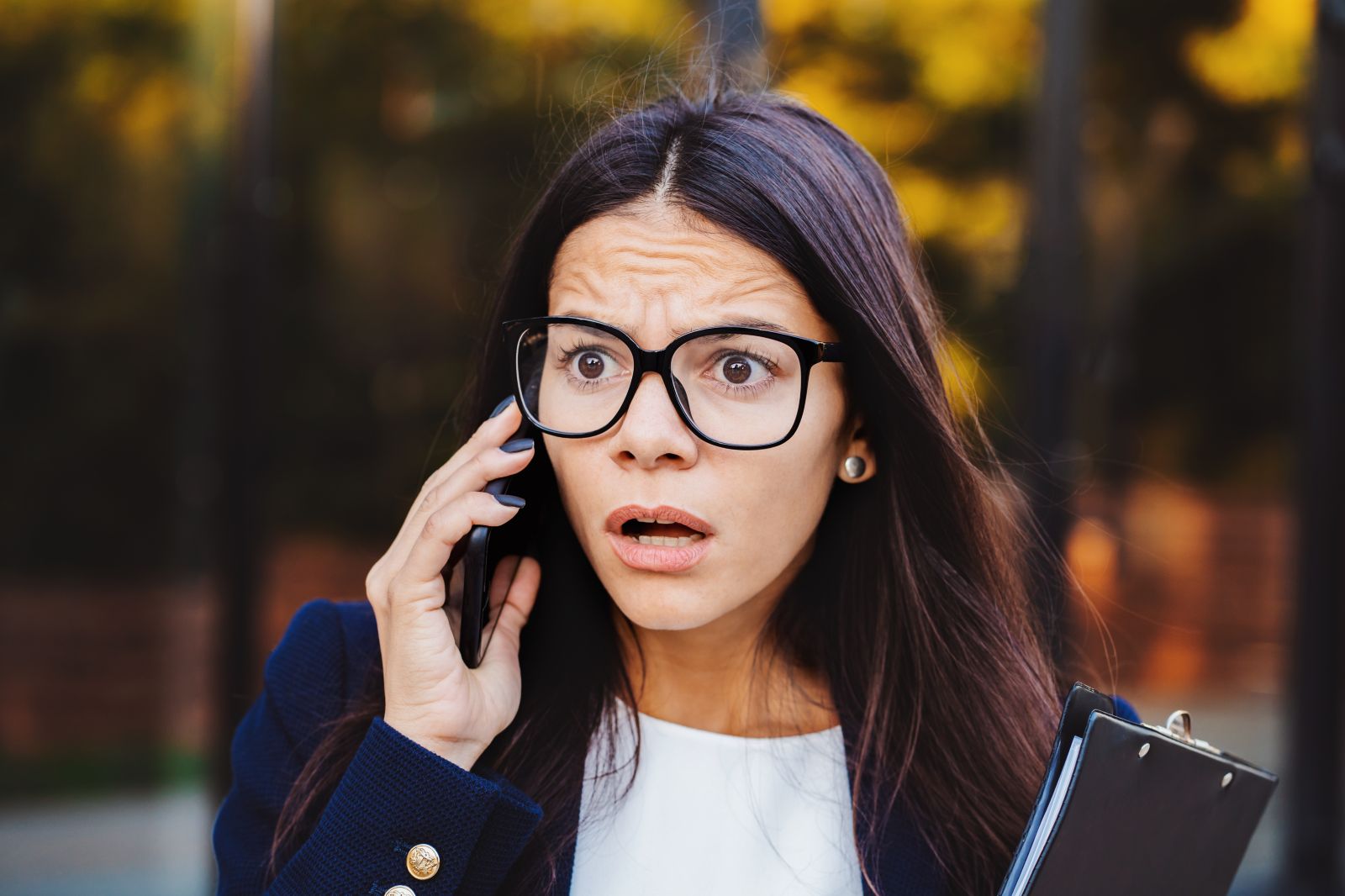Anxiety is the body's natural response to situations that are perceived as threatening. However, when anxiety becomes excessive, it can interfere with our well-being and hinder our ability to live a balanced life, so this problem must be addressed. Here are some effective tips to help you control your anxiety and find calm in challenging situations.
Tips for Effectively Controlling Anxiety

1. Identify the Causes of Anxiety
Find out what causes the anxiety to occur. Know the specific triggers that trigger anxiety in your life, such as certain situations, negative thoughts, or fears. By understanding the cause, you can take steps to deal with it more effectively.
2. Practice Relaxation Techniques
Try relaxation techniques such as deep breathing, meditation, or yoga. This practice can help relax your mind and body, reduce physical symptoms of anxiety, and improve overall well-being.
3. Set a Time Limit for Worrying about Something
Give yourself a limited amount of time each day to worry. For example, set aside 15-30 minutes in the morning or evening to think about your anxiety. After that time, try to direct your attention to more positive and constructive things.
4. Change Negative Mindset
Be wise about the negative thoughts that arise in your mind. Replace these negative thoughts with more positive and realistic thoughts. Practice looking at situations more objectively and looking for evidence that supports more balanced thinking.
5. Find Social Support
Sharing your anxiety with your closest one or close friends, you can trust can help reduce the burden of anxiety. They can provide new perspectives, emotional support, or valuable advice.

6. Do Calming Activities
Find activities that give you peace and joy. This could include reading books, listening to music, drawing, journaling, or gardening. Doing activities that you enjoy will help take your mind off your worries and create a feeling of relaxation.
7. Pay attention to yourself
Always pay attention to your own needs and limits. Give yourself time alone to care for yourself, do activities that make you happy, and recharge. Don't be afraid to say "no" if you feel overwhelmed or need time.
8. Use the Distraction Technique
When anxiety increases, use distraction techniques. Focus your thoughts and attention on something positive and interesting, such as a hobby, interest, or project you are currently working on. This can help reduce the intensity of your anxiety and redirect your energy to more productive things.
9. Keep Your Life Balance
It is important to balance work, personal life, and free time. Make sure you have enough time to relax, get enough sleep, and maintain a healthy diet. This balance will help you reduce stress and anxiety in the long run.
Controlling anxiety is a continuous process; everyone may find a different strategy that works for someone but not necessarily for you. By recognizing and applying these tips, you can reduce your anxiety and create a more balanced, happy, and calm life. Remember that every small step toward controlling anxiety is significant progress.

